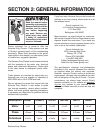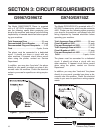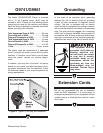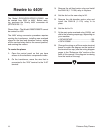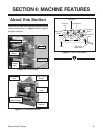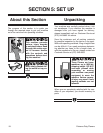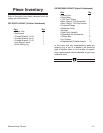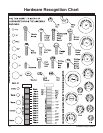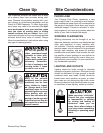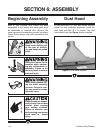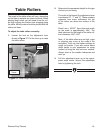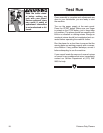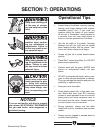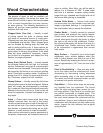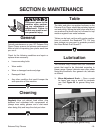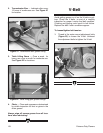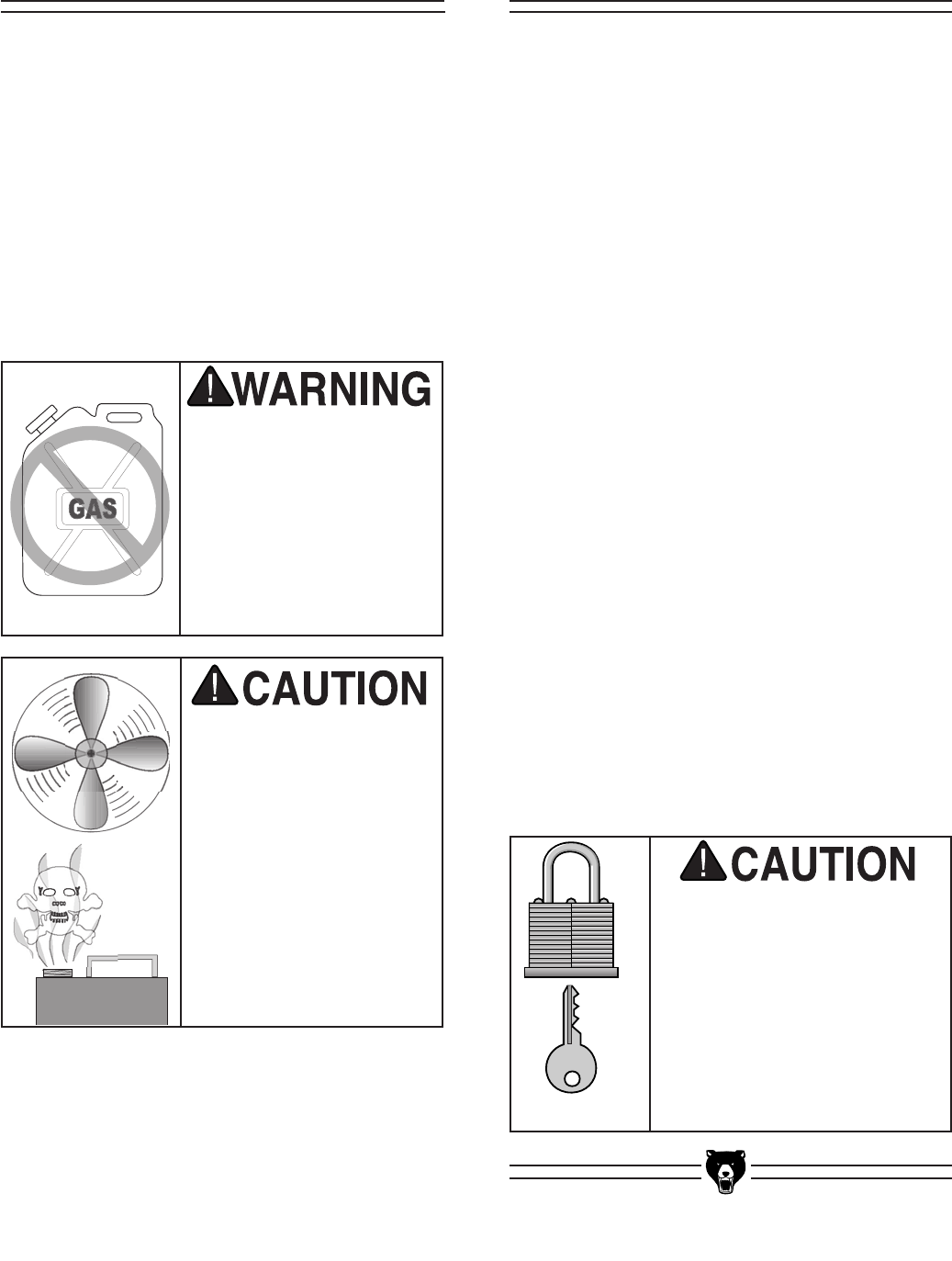
Extreme Duty Planers -13-
Site Considerations
FLOOR LOAD
Your Extreme Duty Planer represents a very
large weight load in a moderate sized footprint.
Most commercial shop floors will be adequate for
the weight of the planer. Some floors may require
additional support. Contact an architect or struc-
tural
engineer if you have any question about the
ability of your floor to handle the weight.
WORKING CLEARANCES
Working clearances can be thought of as the
distances between machines and obstacles that
allow safe operation of every machine with-
out
limitation. Consider existing and anticipated
machine needs, size of material to be processed
through each machine, and space for auxiliary
stands and/or work tables. Also consider the rela-
tive
position of each machine to one another for
efficient material handling. Be sure to allow your-
self
sufficient room to safely run your machines in
any foreseeable operation.
LIGHTING AND OUTLETS
Lighting should be bright enough to eliminate
shadow and prevent eye strain. Electrical circuits
should be dedicated or large enough to handle
combined motor amp loads. Outlets should be
located near each machine so power or exten-
sion
cords are not obstructing high-traffic areas.
Be sure to observe local electrical codes for prop-
er
installation of new lighting, outlets or circuits.
Make your shop “child safe.”
Ensure that your workplace
is inaccessible to children
by closing and locking all
entrances when you are
away. Never allow visitors in
your shop when assembling,
adjusting or operating equip-
ment.
The unpainted surfaces are coated with a waxy
oil to protect them from corrosion during ship-
ment.
Remove this protective coating with a sol-
vent cleaner or citrus-based degreaser such as
Grizzly’s G7895 Degreaser. To clean thoroughly,
some parts may need to be removed. For opti-
mum
performance from your machine, make
sure you clean all moving parts or sliding
contact surfaces that are coated. Avoid chlo-
rine-based
solvents as they may damage painted
surfaces should they come in contact. Always
follow the manufacturer’s instructions when using
any type of cleaning product.
Do not use gasoline or
other petroleum-based
solvents to clean with.
They have low flash
points which make them
extremely flammable.
A risk of explosion and
burning exists if these
products are used.
Many of the solvents
commonly used to clean
machinery can be toxic
when inhaled or ingest-
ed.
Always work in well-
ventilated areas far from
potential ignition sources
when dealing with sol-
vents.
Use care when dis-
posing
of waste rags and
towels to be sure they do
not create fire or environ-
mental
hazards.
Clean Up



